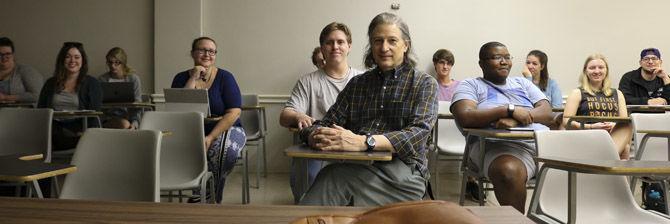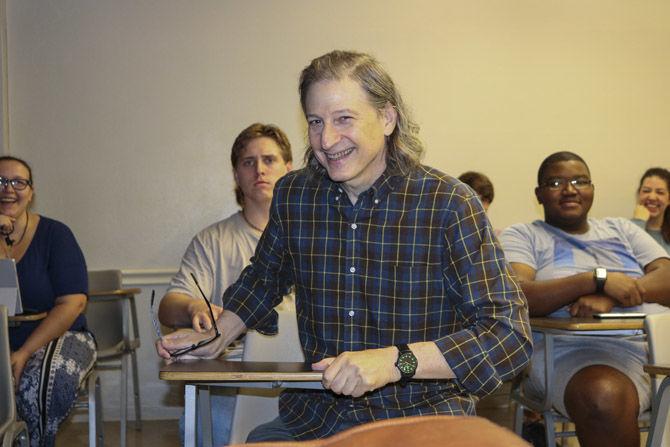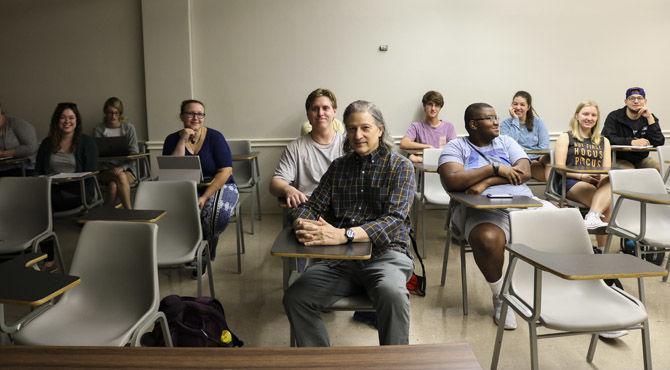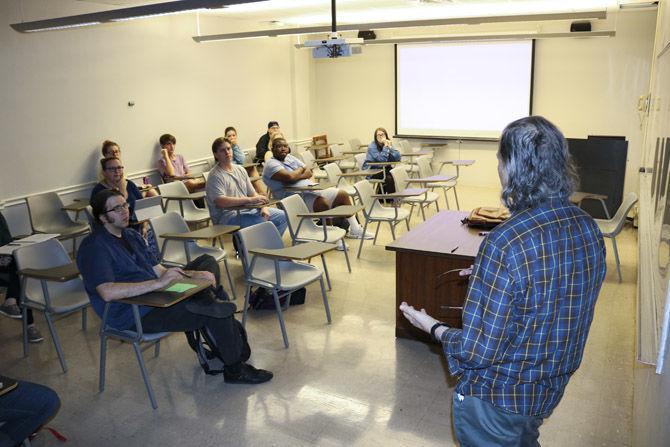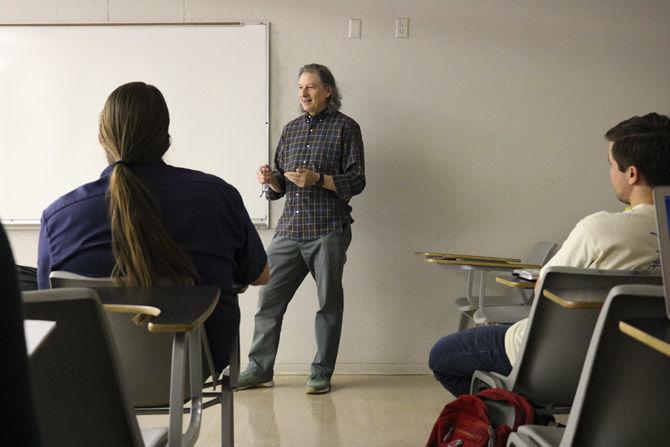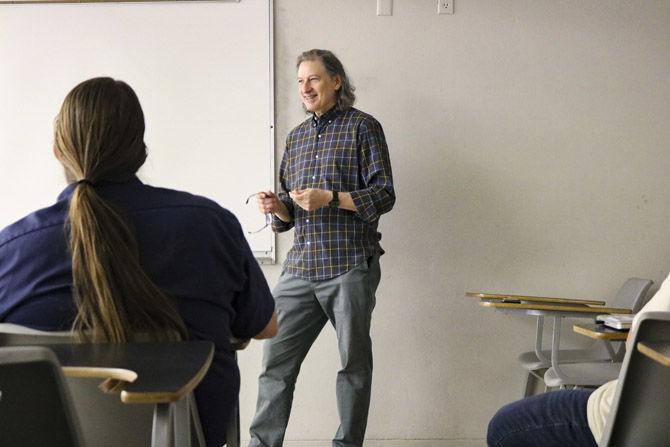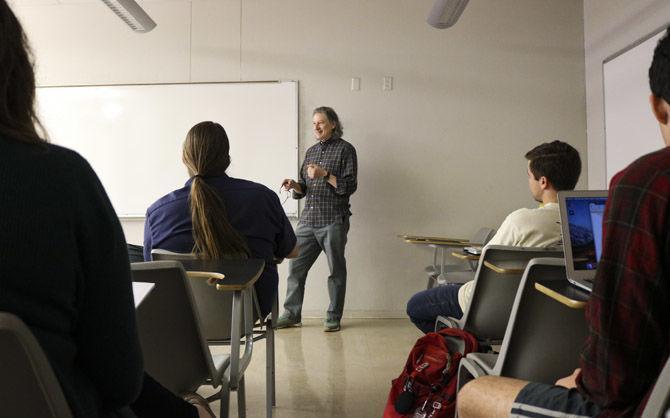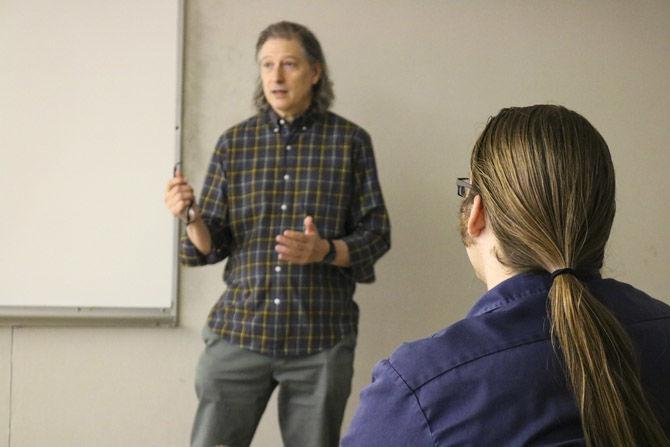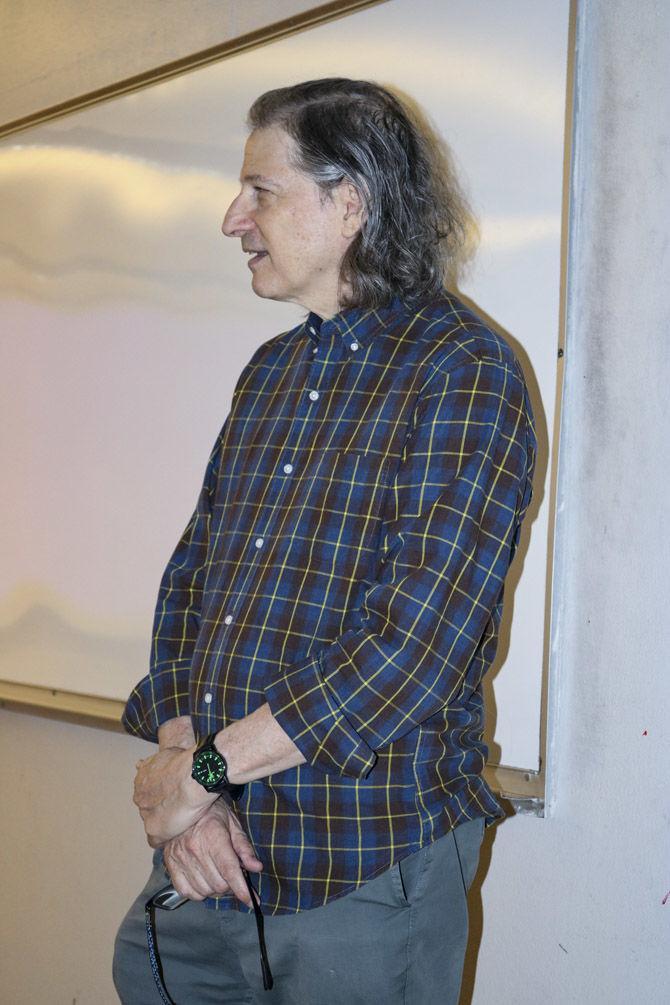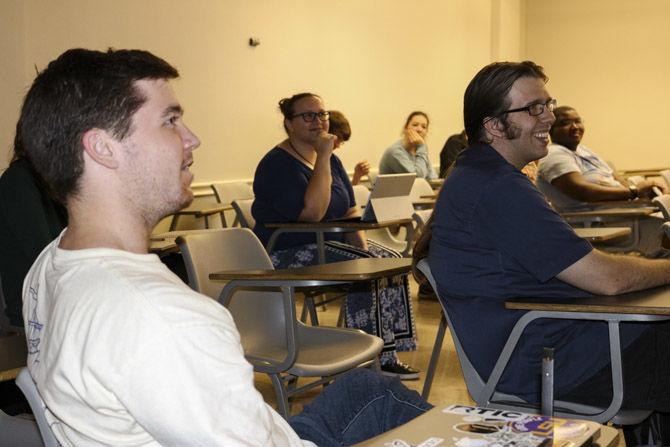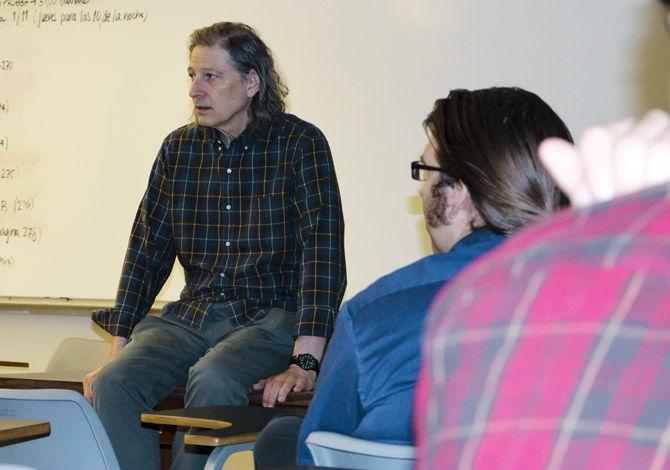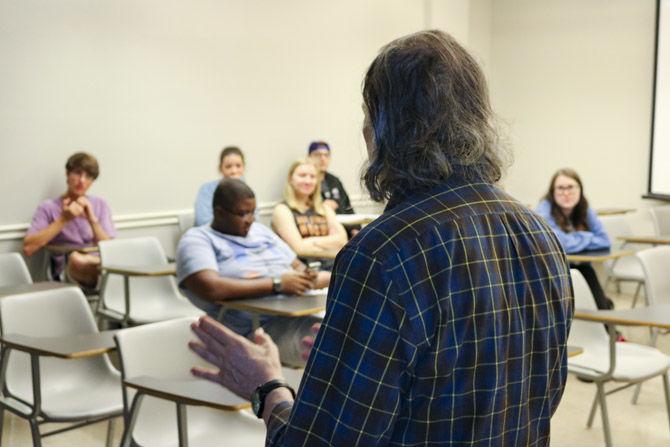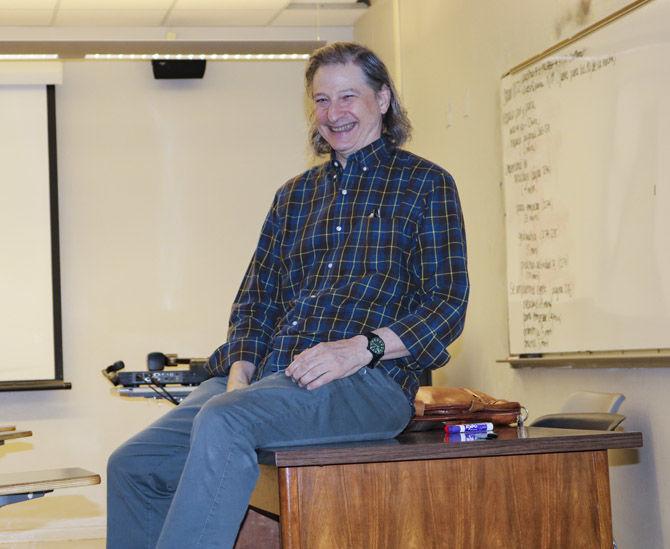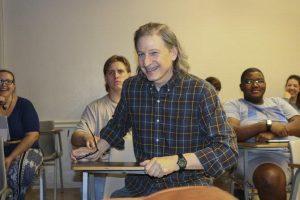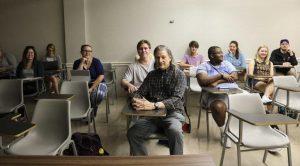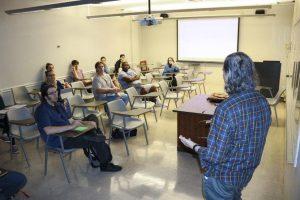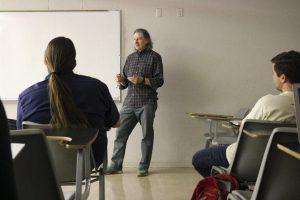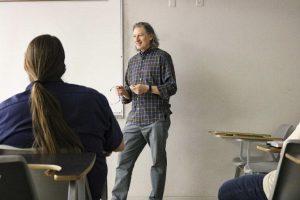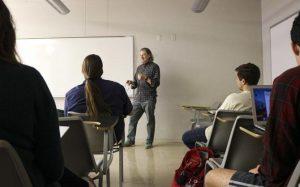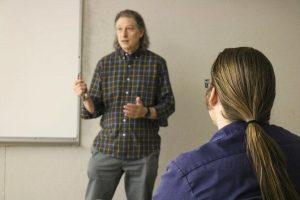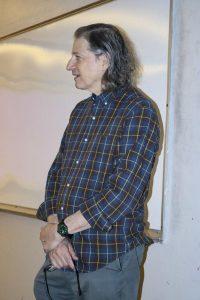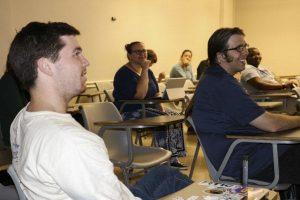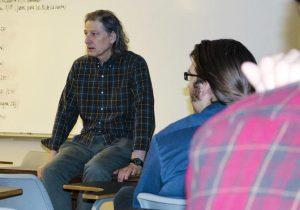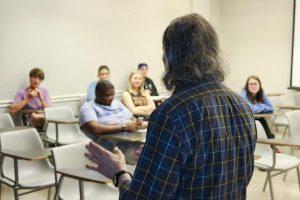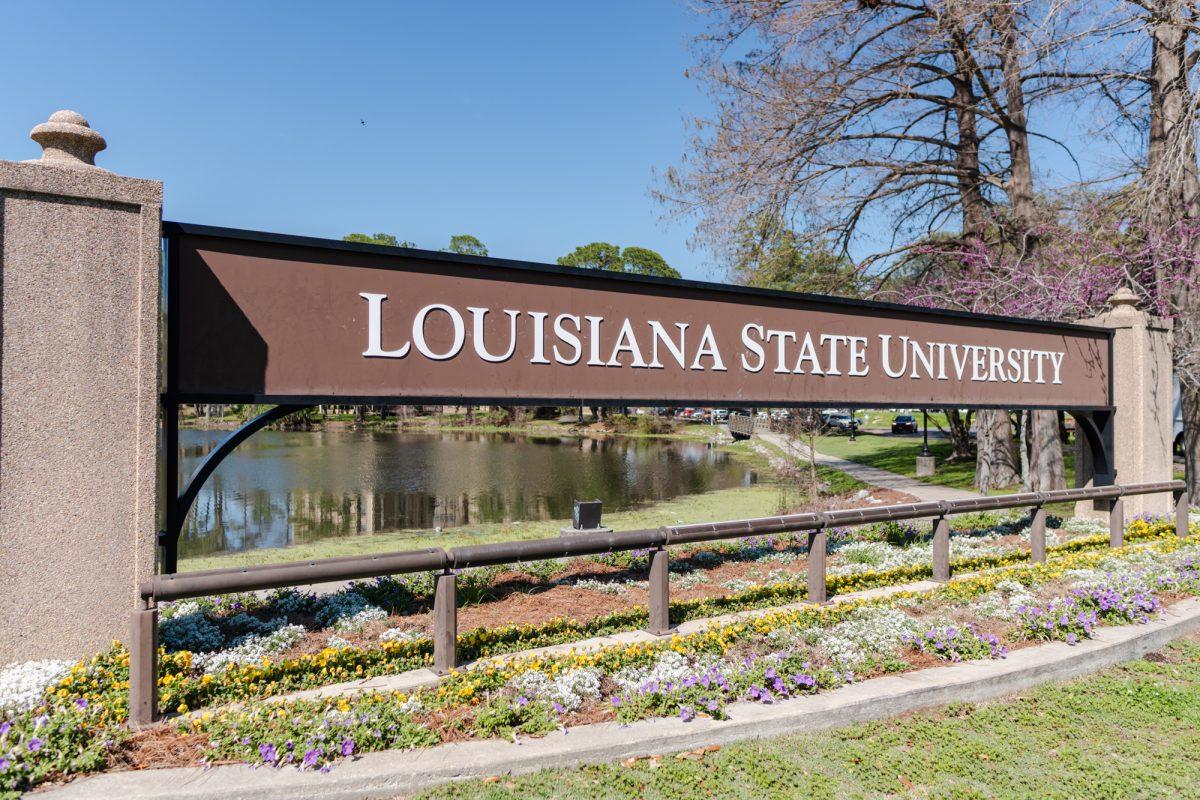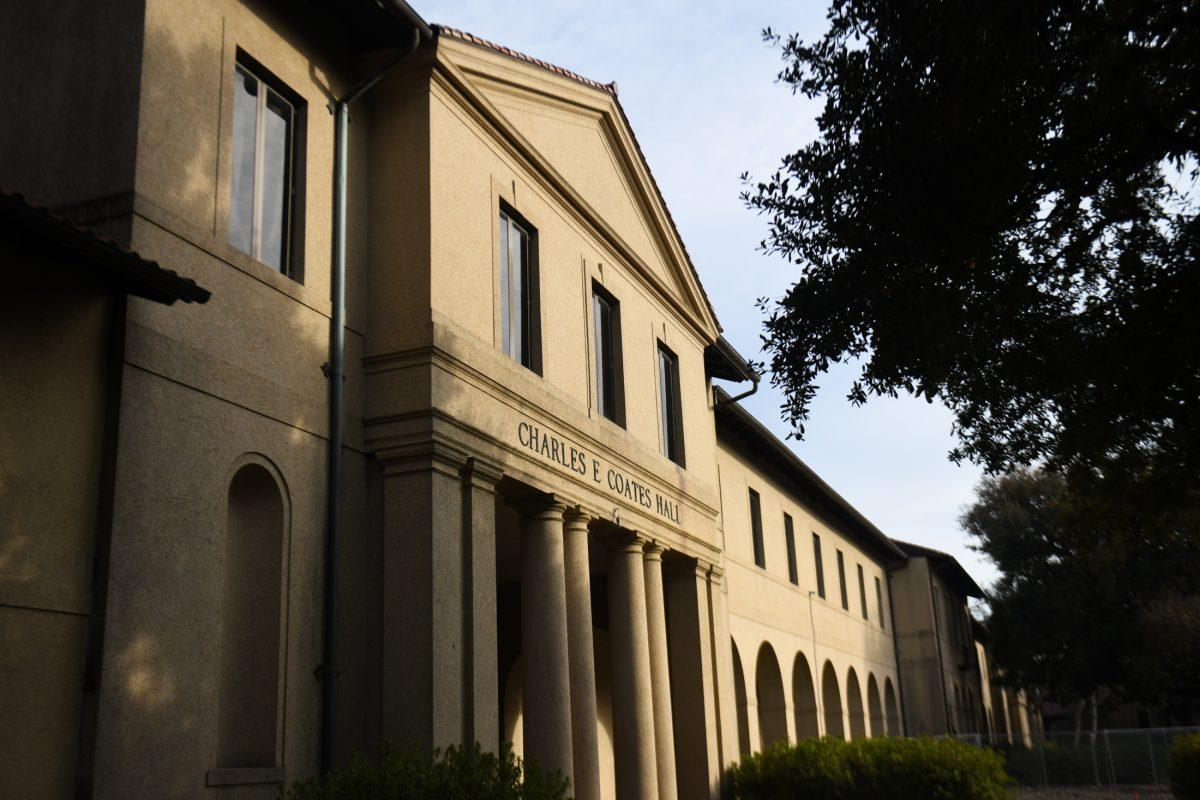“A study of the imagination across time,” reads the syllabus of the History of Time Travel, a new course offered this semester at the University.
Charles P. Manship Professor of History Andrew Burstein has taught numerous general education history classes at the University for nine years and wanted to try something new. He started the University’s first History of Time Travel class.
“My wife and I were talking about how I could spice up what I was teaching,” Burstein said. “I needed something that would be fun for the students.”
“The study of history engages the fantasy of time travel,” said Burstein. ”The course is about the human imagination. It may seem confusing as to how a whole class can be based on a topic that does not seem to have much history, but there is more to it.”
The term “time travel” used in the class may not be what you had in mind. The class studies physical objects such as clocks and watches, and how concepts of time have changed from earlier eras. They will also look at traveling as they debate the differences of time and put themselves in the shoes of their ancestors.
Burstein said there are many different ways to encounter the subject of time travel.
“It does get a little philosophical because we are talking about understanding the human consciousness and the desire and fascination of traveling through time, something so prevalent in science fiction,” said Burstein.
“As a historian, I try to use works of literature and media in history classes where it is relatable to the subject, and it’s really easy to do in a class like this,” said Burstein. He uses many popular science-fiction films and shows in his class, like “Back to the Future,” “Star Trek” and “Doctor Who.” He said a show he watched as a child, “The Time Tunnel,” peaked his interest in becoming a history professor.
In addition to science fiction, the class also deals with more human science, psychology and philosophy than an average history class.
“History acknowledges humanity and our subjectivity,” Burstein said. “It’s cultural and emotional history, but it’s not political. I enjoy combining themes from other disciplines with cultural or emotional history. There are multiple dimensions, no pun intended, based on what we discuss in the class, that we don’t know what we don’t know.”
Burstein is also a Jefferson scholar and the author of two books, “Madison and Jefferson” and “Lincoln Dreamt He Died.” Burstein will be teaching the History of Time Travel next semester as well and hopes to get more students to participate in the future.


